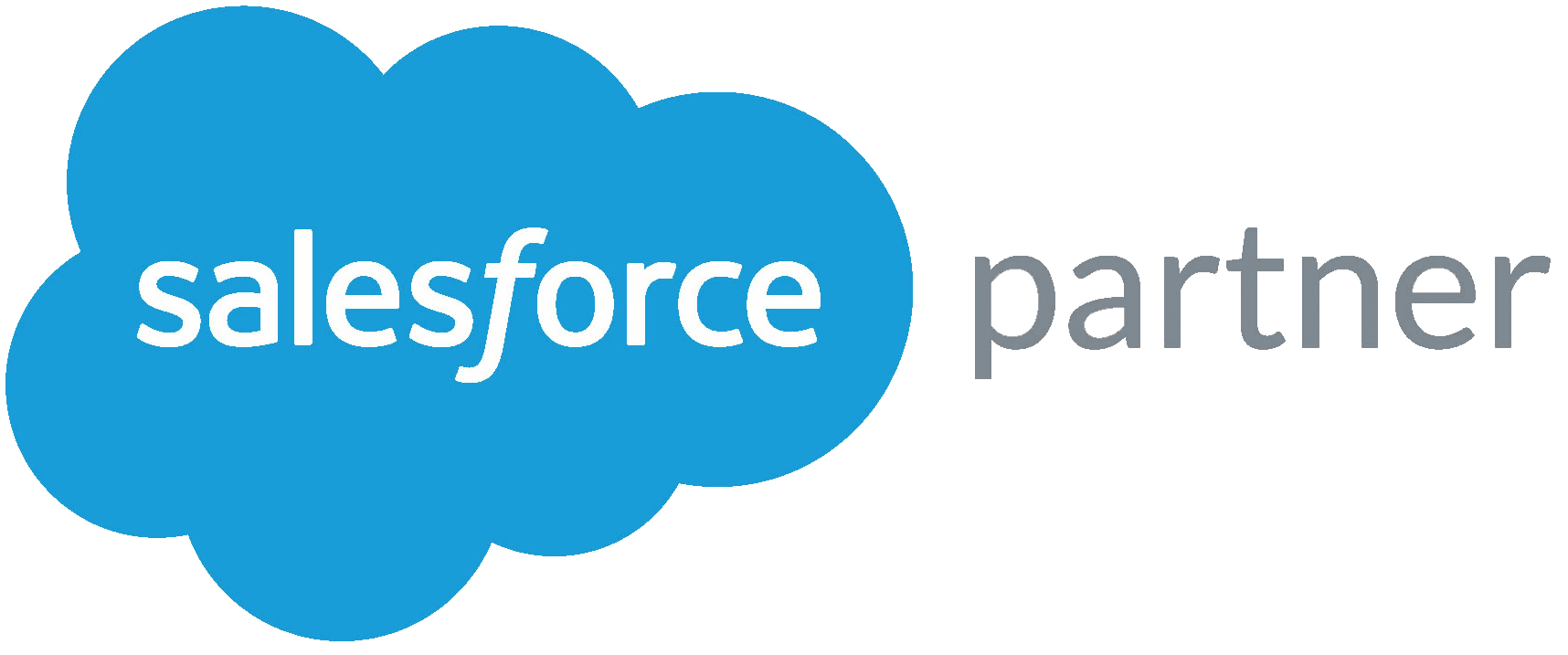In today’s fiercely competitive sales environment, every advantage counts. Customers have more choices than ever before, and their expectations are constantly evolving. To stay ahead of the curve, businesses need a well-trained sales team equipped with the right tools and knowledge. That’s where Customer Relationship Management (CRM) software comes in, and ensuring your team can leverage its full potential through comprehensive CRM training becomes paramount.
What is CRM Software and Why is it Important?
CRM software is a powerful tool that helps businesses manage all aspects of their customer interactions. It acts as a central hub for storing customer data, tracking sales activities, managing pipelines, and automating workflows. A robust CRM system can significantly improve sales efficiency, boost team productivity, and ultimately drive revenue growth.
Here’s why CRM software is crucial for sales teams:
- Enhanced Customer Focus: CRM software allows salespeople to access a complete view of each customer’s history, interactions, and preferences. This enables them to personalize their approach, build stronger relationships, and provide a more relevant customer experience.
- Improved Sales Pipeline Management: CRM systems help visualize the sales pipeline, track the progress of deals, and identify potential roadblocks. This empowers sales managers to coach their teams effectively, prioritize tasks, and optimize the sales process.
- Streamlined Workflows: CRM software automates repetitive tasks such as data entry, reporting, and email follow-ups. This frees up valuable time for salespeople to focus on what matters most – building relationships and closing deals.
- Data-Driven Decision Making: CRMs provide valuable insights into customer behaviour, sales performance, and market trends. Sales teams can leverage this data to make informed decisions, identify sales opportunities, and tailor their strategies for maximum impact.
Why CRM Training is Essential
While CRM software offers a plethora of benefits, it’s only as effective as the people using it. Simply providing your sales team with a CRM system is not enough. To unlock its true potential, you need to invest in comprehensive CRM training.
Here’s why CRM training is essential for your sales team’s success:
- Maximizes Software Utilization: Effective training ensures your sales team understands all the functionalities and features of the CRM system. This empowers them to leverage the software to its full capacity and streamline their workflows.
- Improves Data Accuracy and Consistency: CRM training emphasizes the importance of accurate data entry and consistent data management practices. This ensures the reliability of your customer data and facilitates better decision-making.
- Boosts User Adoption: A well-designed training program can help overcome initial resistance to change and encourage user adoption of the CRM system. When salespeople understand the value proposition of the CRM, they’re more likely to embrace it and integrate it seamlessly into their daily routines.
- Enhances Collaboration and Communication: CRM training fosters a collaborative environment where salespeople can share best practices, track progress with colleagues, and leverage team insights for improved performance.
- Provides Ongoing Support: Training shouldn’t be a one-time event. Ongoing support through coaching, Q&A sessions, and refresher courses ensures your sales team stays up-to-date with the latest functionalities and best practices, maximizing their effectiveness.
Developing a Comprehensive CRM Training Program
The key to successful CRM training lies in creating a program that is tailored to your specific needs and the skill level of your sales team. Here are some key aspects to consider:
- Needs Assessment: Before designing the training program, conduct a needs assessment to understand your team’s current level of CRM knowledge and identify any skill gaps. This will help you focus the training on the areas that will have the most significant impact.
- Content and Structure: The training program should cover all the essential functionalities of your CRM system, including data management, lead scoring, opportunity management, reporting, and automation tools. Break down the content into manageable modules with clear learning objectives.
- Training Methods: A variety of training methods can be employed to cater to different learning styles. Consider incorporating interactive sessions, hands-on exercises, role-playing simulations, and case studies to make the learning process engaging and effective.
- Trainers and Mentors: Select trainers who are not only well-versed in the CRM system but also possess excellent communication and instructional skills. Consider including experienced sales leaders within your organization as mentors to provide practical insights and real-world scenarios.
- Assessment and Feedback: Implement assessments throughout the training program to gauge understanding and identify areas for improvement. Encourage feedback from participants to refine the training content and ensure it meets their needs.
- Ongoing Support: Provide ongoing support through coaching sessions, Q&A forums, and readily available resources such as user guides and video tutorials. This will help your team stay up-to-date with the evolving functionalities of the CRM and address any challenges




